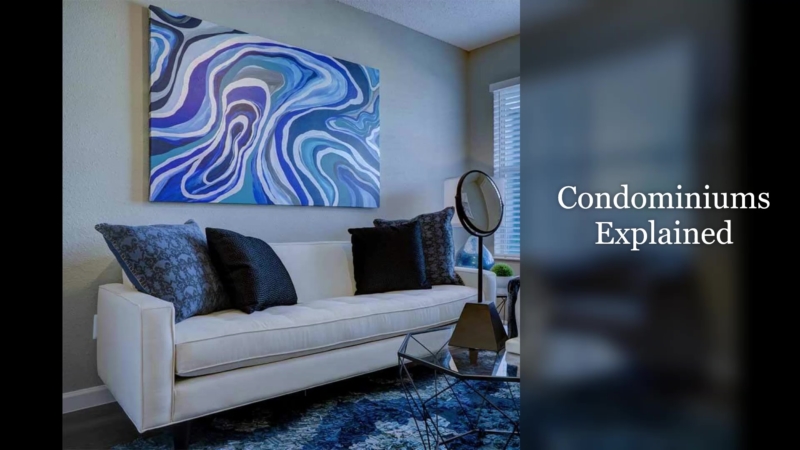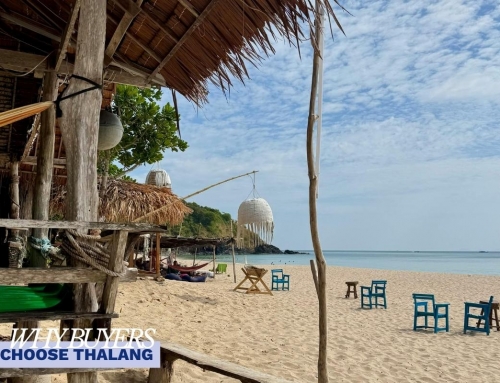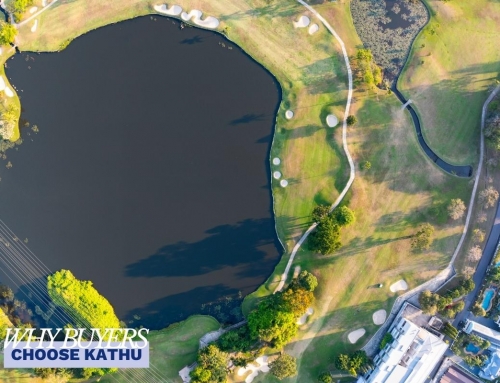Buying a condo in Phuket is one of the most straightforward and secure ways for foreigners to own property. Thanks to the Thai Condominium Act, non-Thais can legally hold freehold ownership in condominium developments, provided specific conditions are met. This clear legal framework makes condos a preferred choice for overseas investors, retirees, and holiday home buyers alike.
Whether you’re looking for a beachfront apartment, a hillside retreat, or a centrally located investment property, Phuket offers a wide range of condominium options. In this article, we explain exactly how condo ownership works, what you need to watch out for, and how to make the best decision based on your needs.
The 1979 Condominium Act – A Legal Foundation for Foreign Ownership
The introduction of the Condominium Act in 1979 laid the foundation for foreign property ownership in Thailand. Designed to attract international investment, this legislation marked a significant milestone by allowing foreigners to legally own part of a condominium development.
Condominiums in Thailand are structured so that they must be jointly owned by both foreigners and Thais. To comply with land ownership restrictions, Thai nationals must collectively own at least 51% of the total sellable area of the building. Initially, the law capped foreign ownership at 40%, but this was raised to 49% in 1999, a quota that still stands today.
You can read more about the Condominium Act in our article here:
The Things All Phuket Condominium Investors Should Know About the Condominium Act
Why Condos Are So Popular with Foreign Buyers
Phuket’s condominiums are attractive for several reasons:
- 100% freehold ownership (within the foreign quota)
- Lower entry prices compared to villas or land
- Ease of resale and repatriation of funds
- Convenience, security, and on-site facilities
- Excellent rental potential in high-traffic tourist zones
Many condominiums are also located in prime areas such as Patong, Kata, Karon, Kamala, Bang Tao, and Rawai, offering access to beaches, restaurants, and nightlife.
If you are thinking of buying a condo in Phuket and would like to view some current condominium developments, you can do so here:
Condominiums For Sale in Phuket
And you can read some of the other benefits of condominium ownership here:
The Benefits and Advantages of Owning a Freehold Condominium in Thailand
Legal Requirements for Foreign Ownership
Under the Condominium Act, up to 49% of the total unit area in a condominium project can be sold to foreign buyers as freehold. To complete a legal purchase, the buyer must:
- Transfer funds from overseas in foreign currency
- Obtain a Foreign Exchange Transaction Form (FETF) from the receiving bank
- Ensure the unit is within the legal foreign ownership quota
These steps are essential to register the unit in the foreigner’s name at the Phuket Land Office.
The Role of the Juristic Person
Every condominium project in Phuket is managed by a Condominium Juristic Person – a legal entity responsible for the building’s maintenance, finances, and rules. The juristic person is similar to a building management company or strata title board.
Learn more about the Condominium Juristic Person
What About Maintenance Fees When Buying a Condo in Phuket?
Each condo unit owner contributes to the Common Area Maintenance (CAM) fees, which cover the upkeep of shared areas like the pool, gym, lifts, and landscaping.
Read about Phuket condo Common Area Fees (CAM Fees)
Leasehold Condos: An Alternative Option
Some developments offer leasehold units as an alternative to freehold. Leasehold condos are typically offered on 30-year leases, often with renewal clauses.
While not as secure as freehold, this is a legal and increasingly common way for foreigners to enjoy long-term residency. However, it must be understood by buyers of a leasehold contract, that renewals are not guaranteed.
| Aspect | Freehold Ownership | Leasehold Ownership |
|---|---|---|
| Ownership Type | Full legal ownership of the condo unit | Long-term lease (usually 30 years, often renewable) |
| Eligibility (Foreigners) | Limited to 49% of total condo space per project | Available to all foreigners without quota restrictions |
| Registration | Registered as full owner at the Land Office | Lease agreement registered at the Land Office |
| Security | Highest level of ownership security | Lower security; subject to lease terms and renewals |
| Inheritance | Transferable to heirs | Typically requires contract provisions for succession |
| Selling/Transferring | Easier to sell; market prefers freehold | Harder to resell; buyers often prefer freehold |
| Control | More say in management and voting rights | Limited involvement in building governance |
| Cost | May be slightly more expensive | Often more affordable upfront |
| Usage Period | Indefinite | Fixed term (30 years), with possible renewals |
Final Thoughts: Should You Buy a Condo in Phuket?
For foreigners, a condominium is often the safest and simplest way to own real estate in Phuket, especially in high-demand markets like Phuket. With a growing number of high-quality developments, legal protection under the Condominium Act, and strong rental returns in tourist hotspots, condos offer excellent value.
Just make sure to:
- Work with a qualified local lawyer
- Confirm the development is within the 49% foreign quota
- Transfer funds from overseas using the correct procedures
And most importantly, choose a unit that suits your lifestyle or investment goals.
Are You Closer to Buying a Condo in Phuket?
View Condos for Sale in Phuket
For a Comprehensive Look at Real Estate in Phuket, Explore Our Phuket Property Guide
Get in Touch | Call Now On: +66 9484 11918





Social Contact